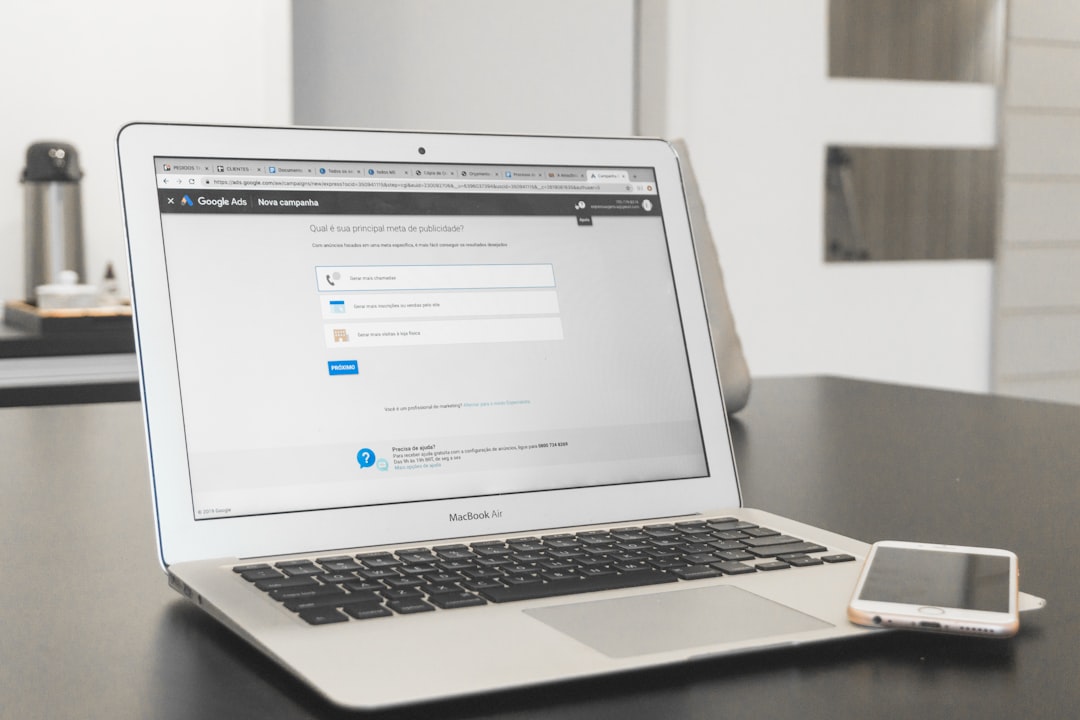Do tax codes make your head spin? You’re not alone. Every year, accountants shuffle through endless documents, updates, and legal jargon. But what if your new tax research partner could answer your questions in plain English… fast?
Welcome to the future of tax research: ChatGPT. In 2025, this cutting-edge tool has become a Swiss Army knife for accountants. It’s fast, smart, and surprisingly fun to use!
What Is ChatGPT?
ChatGPT is a powerful AI chatbot developed by OpenAI. It uses advanced language models to understand your questions and provide helpful answers. Think of it as your AI tax assistant with a library bigger than the IRS database.

Why Use ChatGPT for Tax Research?
You know how long tax research can take. Searching the IRS website. Digging through pages of code. Filing updates in your mental to-do list. ChatGPT drastically cuts that time down.
Here’s why ChatGPT is a game-changer for tax professionals:
- Speed: Ask a question, get instant answers.
- Simplification: Explains complex tax topics in easy-to-understand language.
- Versatility: Covers federal, state, and even international tax topics.
- 24/7 Availability: Always ready to help—no coffee breaks!
How To Use ChatGPT for Tax Research
Not sure where to start? Here’s a simple guide to using ChatGPT for tax research in 2025:
- Ask Specific Questions: Instead of “Tell me about business taxes,” ask “What are the 2025 depreciation limits for Section 179?”
- Double Check Sources: ChatGPT can cite IRS codes or Revenue Rulings, but always confirm with an official source.
- Use Tax Jargon When Needed: It understands terms like “pass-through entity,” “foreign tax credit,” or “Form 1065.”
- Break Big Topics Into Parts: For complex issues, ask step-by-step questions. It’ll walk you through it smoothly.
Fun Ways Accountants Are Using ChatGPT
You can use ChatGPT for more than just pulling code sections. Here are creative ways accountants are making tax season more bearable with ChatGPT:
- Explaining deductions to clients: Let ChatGPT write a simple letter on why Karen can’t deduct her dog as a business expense.
- Creating checklists: Need a quick due diligence checklist for partnerships? ChatGPT can whip one up in seconds.
- Newsletter content: Want to keep clients updated? Ask ChatGPT to summarize IRS updates in layman’s terms.
- Training new staff: Use it to prep training materials and quizzes on tax basics.

Limitations You Should Know
Though powerful, ChatGPT isn’t perfect. It’s a tool—not a substitute for professional judgment. Keep these tips in mind:
- Stay Updated: Make sure you’re using the latest version trained on updated IRS laws.
- Verify High-Stakes Info: For complex or high-risk decisions, double-check with a CPA peer, CCH Intelliconnect, or official IRS materials.
- Confidential Info: Never input sensitive client details. Treat ChatGPT like a public forum.
Pro Tips for Accounting Pros
To make your life easier, try these AI hacks:
- Ask ChatGPT to compare tax treatments (e.g., S-Corp vs. C-Corp).
- Use it to generate discussion questions for client meetings or presentations.
- Create multiple versions of tax memos for audiences like clients, staff, or partners.
Let’s Face It—Tax Just Got a Bit Cooler
Tax work is never going to be glamorous. But with tools like ChatGPT, it’s definitely smarter and faster. You’ll save time, reduce stress, and maybe—just maybe—enjoy digging into those tax issues.
So, 2025 is your time to shine. Put on those blue-light glasses, fire up ChatGPT, and be the superhero your clients need. Happy taxing!



